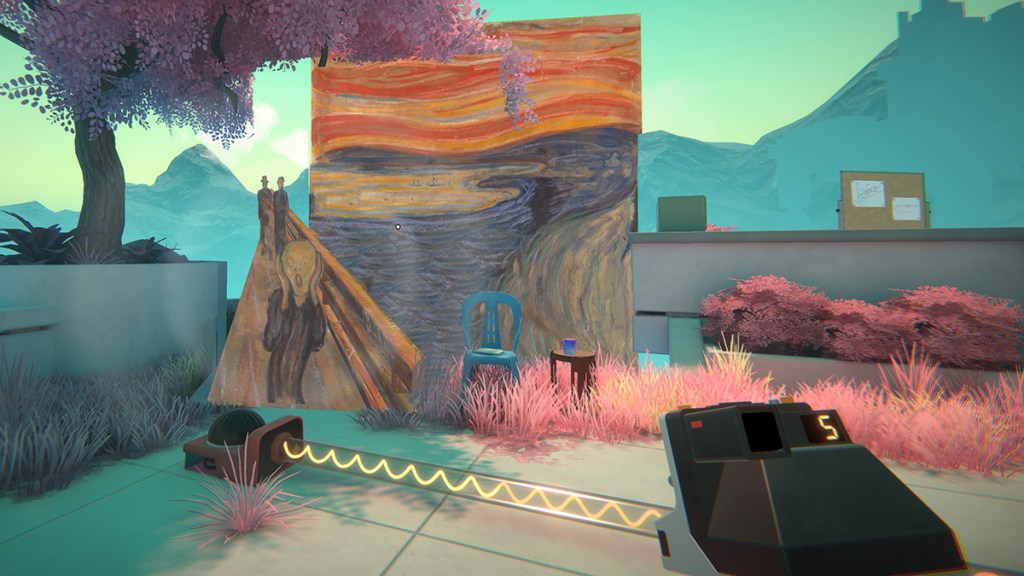A photo can capture victory, defeat, love, hate, a dog at the beach, or a sassy cat stretching in the sunlight. It’s a medium that speaks simply but can have a strong effect. Viewfinder makes that effect literal as its photos shift and warp the real world in all sorts of ways, which the game uses as the basis for its puzzles. And…
-
Taking and laying pictures is visually captivating
-
Only a handful of puzzles truly utilize the mechanics well
-
Most puzzles are far too easy








